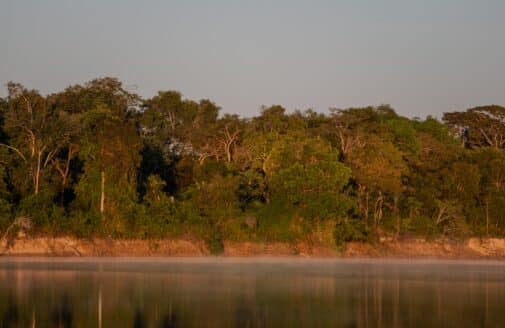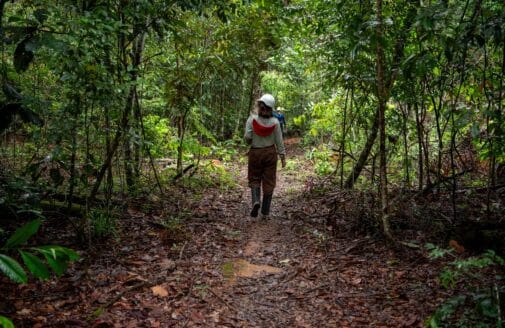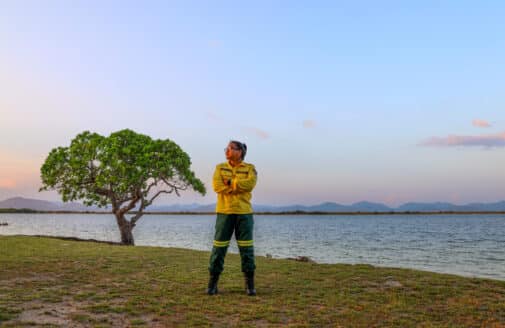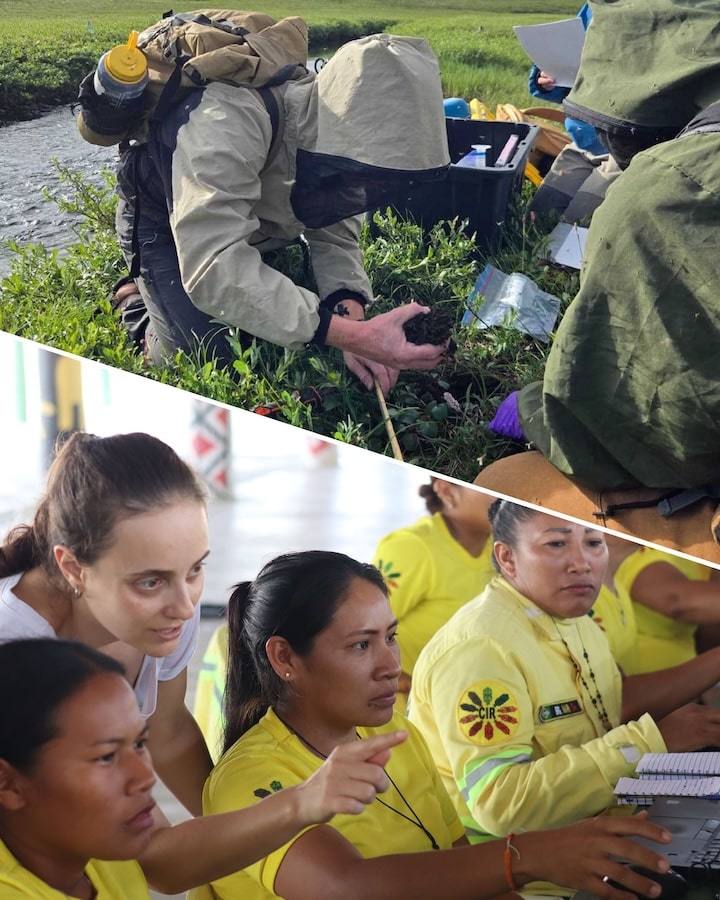As Brazilian Amazon deforestation jumps by 30%, new study shows forest protection is better economically
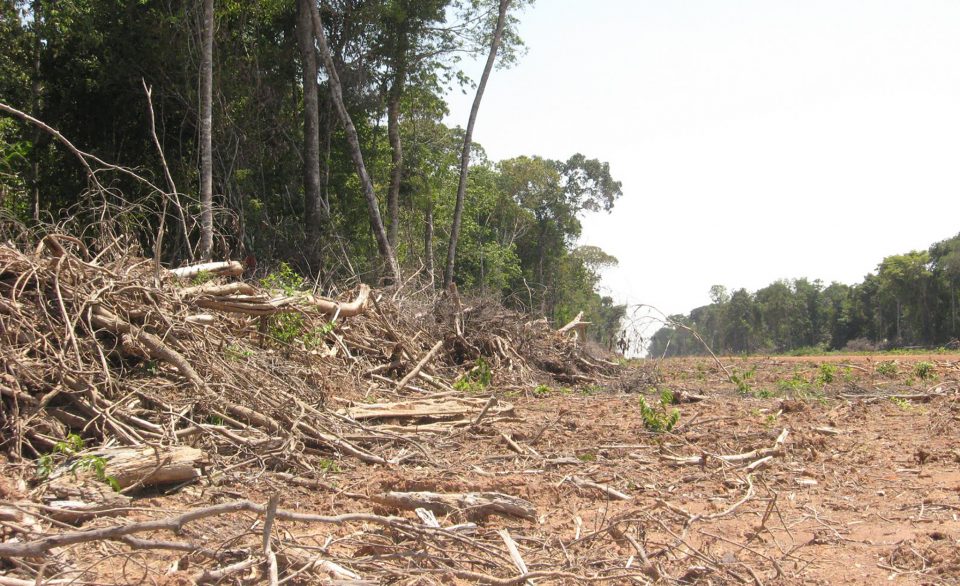
Just days after Brazil announced Amazon deforestation has reached its highest level in a decade, scientists released a new study showing that Amazon conservation can deliver more economic benefits than deforestation. The paper, published by a team of Brazilian and US scientists from the Woodwell Climate Research Center (formerly Woods Hole Research Center) and IPAM Amazônia, came out this week in the journal Land Use Policy. Their findings indicate that Brazil could achieve its economic goals and protect the Amazon by realigning incentives to enhance both forest conservation and agricultural production on existing farms.
The Amazon has lost over 800,000 square kilometers of forest over the past 50 years, an area larger than Texas, much of it to clear land for cattle pasture and crop production. As the global climate crisis causes the region to become warmer and drier, remaining forests face increasing stress from extreme events such as droughts and wildfires. “Conserving Amazon forests is a key part of the solution to climate change. When intact, these forests soak up and store excess carbon. The increase in deforestation this year clearly shows that we are moving in the wrong direction,” notes Dr. Marcia Macedo, Woodwell Water Program Director and a co-author of the study.
The study examines economic output to 2030, comparing a business-as-usual trajectory against one with much stronger conservation measures. It recommends four policy changes:
- Eliminate land grabbing and land speculation through designation of public forests.
- Reduce legal deforestation on private properties through payments for ecosystem services.
- Incentivize increased productivity on medium and large properties through targeted investments.
- Foster economic, environmental and social improvements through technical assistance to small farmers.
In Brazil, existing policies have proven that forests can be protected. Creating protected areas and indigenous reserves on public lands, while legally requiring forest reserves on private lands, has greatly reduced deforestation. But societal resistance to enforcing and expanding these protections is growing, largely because the global and local benefits of forest conservation have not been integrated into the short- and long-term logic of policy decisions driving agricultural and economic growth.
“[Woodwell Climate research Center] and IPAM Amazônia have spent decades working with farmers, small land holders, and other stakeholders to understand what they need to improve their wellbeing, increase their production, and protect their forest. Pitting agricultural growth and forest protection against one another might be a popular political strategy, but this study shows it is not a beneficial economic one. The policies we’re recommending are both affordable and achievable and would help Brazil’s economy avoid the massive international pressure that’s come with this year’s wave of deforestation,” said Dr. Michael Coe, Woodwell Tropics Program Director and a co-author of the study.
“This is where the opportunity lies–by aligning science with strategic policy interventions, we can predict the potentially ruinous climate and economic impacts of continuing deforestation, clearly illustrate these findings for key decision makers, and help develop effective solutions,” Dr. Macedo said.
“Deforestation is not a simple problem. Our approach seeks to find solutions that balance multiple objectives; by evaluating them in tandem, we can identify optimal solutions and significantly reduce deforestation. What we’ve found is that a multi-pronged approach—developing and applying creative economic solutions—can motivate small household farms and large scale industrial farmers to conserve while also increasing their agricultural production and income,” said Dr. Marcelo C.C. Stabile, IPAM Amazônia researcher and lead author of the study.




